The content and opinions provided on this site have not been provided or commissioned by any issuer of the financial products and/or services appearing on this site. The content and opinions have not been reviewed, approved or otherwise endorsed by an issuer. Offers may be subject to change without notice. For more information, please read our full disclaimer.
When shopping for big-ticket items, everyone wants the best deal, right? So why not do the same with credit cards? If you have piled up a significant amount of debt on your current credit card, there might be a better option out there for you. Balance transfer credit cards can help you cut down on interest just by switching to a new card.
How Do Balance Transfers Work?
To grasp the concept of balance transfers, it's important to understand how consumers can carry out this process. Essentially, you apply for a new credit card and utilize it to settle the outstanding balance of your existing card. Although it may appear as a mere shift of debt, the potential for significant savings arises if the new credit card company charges a lower interest rate compared to the previous one. On top of that, some companies have introductory balance transfer promotions that offer 0% interest for a specified period of time.
Balance Transfer Credit Card Deals
BankAmericard® Credit Card
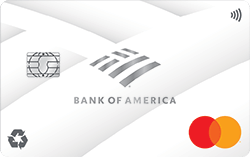
- Tap to Pay
- Yes
- Annual Fee
- $0
One of the greatest perks of this card is its 0% introductory APR that lasts for 18 billing cycles upon opening a new account. See website for details.
- Variable APR: 15.24-25.24%
- No Penalty APR
- Access your FICO Score
Bank of America® Customized Cash Rewards Credit Card
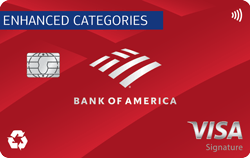
- Cash Back
- 1-3%
- Annual Fee
- $0
The Customized Cash Rewards card allows you to modify your rewards categories each month up to $2,500 of combined purchases made each calendar quarter. See website for details.
- Variable APR: 18.74-28.74%
- $200 online cash rewards bonus offer
- 3% cash back in the category of your choice
Citi® Double Cash Card
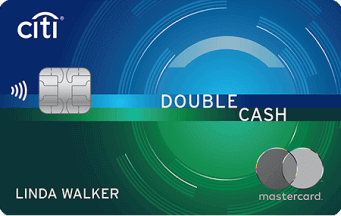
- Cash Back
- 2%
- Annual Fee
- $0
If you are looking to transfer your current balance and earn as much cash back as possible, Citi's Double Cash card may be right for you. Twice the cash back, twice as rewarding. See website for details.
- Variable APR: 18.24-28.24%
- 0% Introductory APR for 18 months
- Get special access to purchase tickets to thousands of events
Citi Rewards+® Card
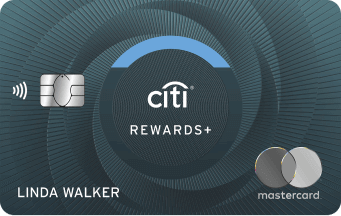
- Special Offer
- 5X points
- Annual Fee
- $0
The Citi Rewards+ card, again, offers 15 months of an Introductory 0% APR from the opening of the card. After the promotional period, the variable APR will update, based on your credit worthiness.
- Variable APR: 18.24-28.24%
- Points do not expire
- Special access to purchase tickets to thousands of events
PenFed Power Cash Rewards Visa Signature® Card
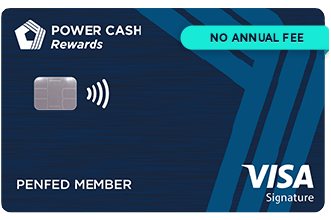
- Variable APR
- 17.99%
- Annual Fee
- $0
Cash back on everything, everywhere, every day! No rotating categories, no minimums, no expiration dates, and no gimmicks. See website for details.
- 0% Introductory APR for 12 Months
- 1.5% Cash Back
- 24/7 Fraud Monitoring
Navy Federal Credit Union® Platinum Credit Card
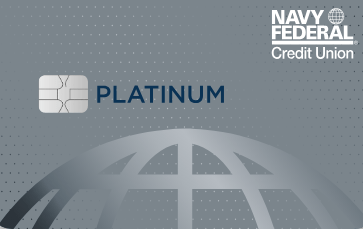
- Interest rate
- Low
- Annual Fee
- $0
Intended to help pay off large purchases over time, this card also has a low interest rate and is best for average to excellent credit. See website for details.
- Variable APR: 11.99-18.00%
- No Balance Transfer Fees
- Travel and emergency assistance
What Is the Best Way to Transfer Your Balance?
Before transferring a debt between credit card companies, make sure you thoroughly research the new company's offer in detail. Will you be charged a transfer fee? If there is a low-interest introductory period, how long does it last? What will your final APR be after the promotion ends?
Once you find a balance transfer credit card that works for you, be careful to adhere to all its requirements. Namely, it's critical that you keep up with your minimum monthly payments. Failure to do so could lead to severe consequences, such as an increase in your interest rate or other fees.








